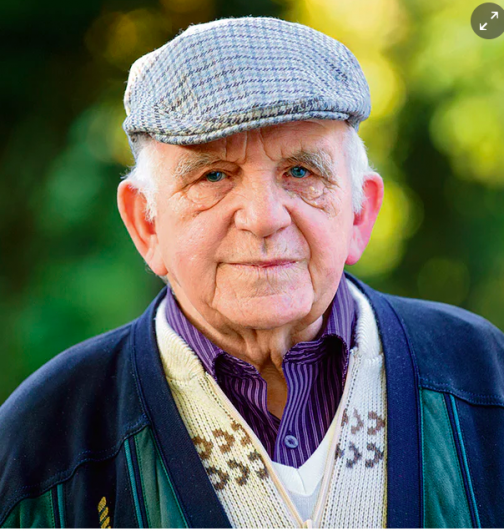Roy Warman’s wife, Phyllis, died in January 2015. Buoyed by well-wishers in the first few weeks of bereavement, the visits and telephone calls gradually dwindled, and he felt increasingly alone. Many of his friends have passed away, he does not have any family nearby and the couple never had children. He explains: “The longer it goes without speaking to someone, the harder it gets.” He describes loneliness as “one of the hardest things that you will encounter in life”, likening feeling low to “living in a void”.

Today he is part of the charity Age UK’s telephone befriending service that matches older people with like-minded volunteers for friendship or phone calls. Roy has weekly phone calls with a volunteer he describes as “like the daughter I never had” and he also has regular visits from another volunteer as part of Age UK’s face-to-face befriending scheme.
The kind of weekly phone call or visit that Roy gets are among the solutions to help ease the loneliness epidemic affecting 1.2 million older people in England; I’ve written about this for the Guardian today.
Age UK says that 1.2 million older people are chronically lonely and that this has an adverse impact on mental health, and the challenge will increase as our population ages. In the next 20 years, England’s over-85 population is set to rise from nearly 1.3 million people to just under 2.8 million.
Read the full story here.
